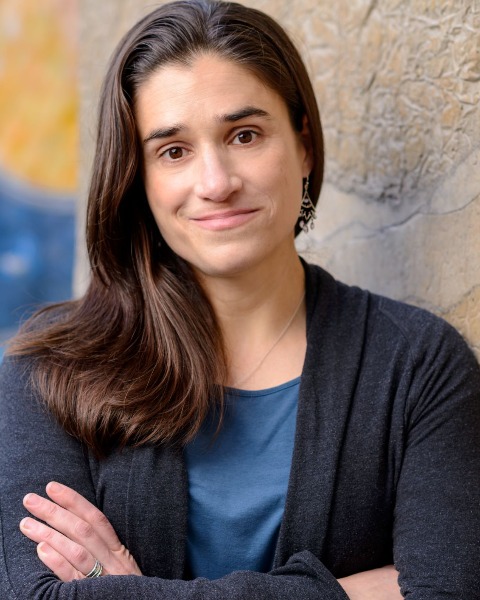Organizational Learning & Evaluation Capacity Building
Toward Equitable and Ethical Data Use in Evaluation: An Ethical Thinking Workshop
-
.jpeg.jpg)
AnnJanette Rosga, PhD
Director
Informing Change
Oakland, California, United States -

Caitlin Stanton, MPA (she/her/hers)
Associate Director
Informing Change, United States -
AL
Andrea Lozano, Evaluation and Learning Officer
Evaluation and Learning Officer
The Packard Foundation, United States
Presenter(s)
Location: Room 205
Abstract Information: Ethical concerns surrounding the collection, use, and management of personal data have grown as the scale at which foundations, grantees, and practitioners conduct research and evaluation increases. Last year, the David and Lucile Packard Foundation and Informing Change partnered on a Data Ethics Guidebook and Toolkit, designed for a philanthropic audience, offering foundation staff, evaluators, and nonprofit partners guidance and customizable tools for tackling data ethics issues from design to use and distribution, as well as stories from the field illustrating real-world ethical dilemmas. This session will introduce participants–even those not engaged formally in evaluation–to the tools (including alternatives to Institutional Review Boards, guidelines for ethical collection of demographic data, and an ethical thinking framework) and invite them to discuss issues that often arise in both evaluation and applied research. This session offers the space to explore real-world examples of how evaluators, grantmakers, and other practitioners are grappling with ethical dilemmas (from the ethics of collecting demographic data to the ethics of publicly sharing the results of data analysis) and evolving their research practices from a “first, do no harm” mandate to approaches that add care and value for participants.
Relevance Statement: Inspired in part by the article “‘Stop Stealing Our Stories’…” by Pittaway, Bartolomei, and Hugman, our session will offer practical wisdom drawn from expert evaluators and applied researchers, plus free tools for value-aligning a foundation/organization’s data usage and practices. Attendees will reflect critically on why, how, and for whom researchers collect data; consider what data are actually necessary to request and collect; and how to gather data in ways that are–at a minimum–safer and less extractive for those providing it. These considerations have implications for the stories funders and practitioners are ethically able to tell and for the ability of research participants to have a say in what aspects of their stories are told by those collecting data. The session will also introduce ways to collect and handle data that can add value and care for research participants. Refining data practices and expectations to reduce the burden on grantees returns time and power to participating organizations and individuals, and shifts the evaluation field toward a relationship with data that understands and acknowledges community ownership of data. Foregrounding community self-determination in the design of research questions and methods improves learning outcomes and fosters greater equity in funder-grantee, and researcher-participant relationships. Reference Eileen Pittaway, Linda Bartolomei, Richard Hugman, ‘Stop Stealing Our Stories’: The Ethics of Research with Vulnerable Groups, Journal of Human Rights Practice, Volume 2, Issue 2, July 2010, Pages 229–251, https://doi.org/10.1093/jhuman/huq004
